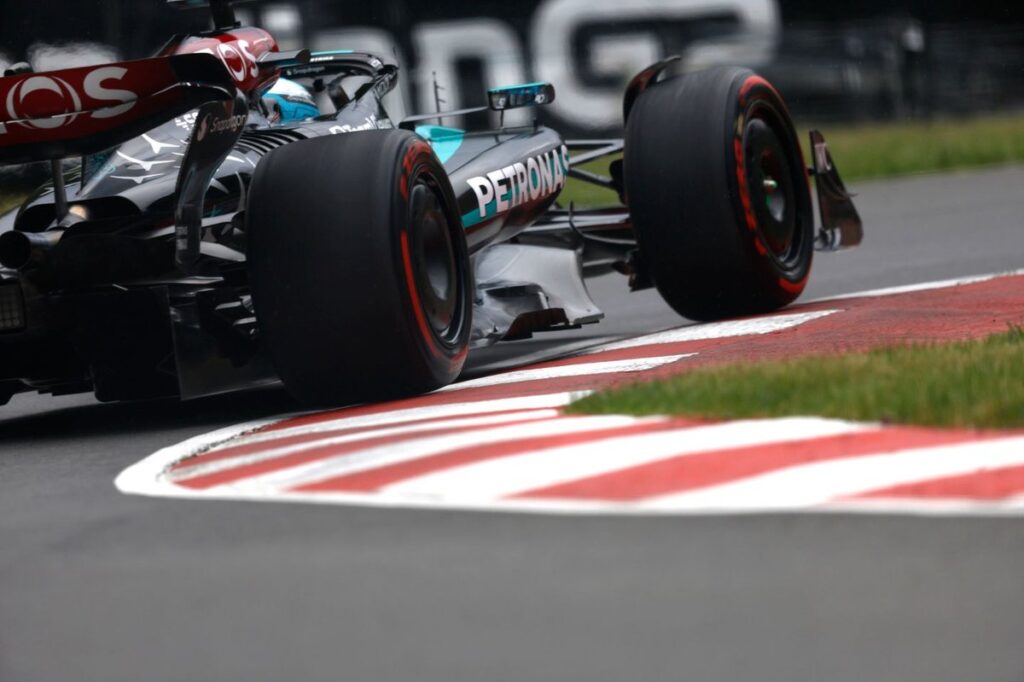Formula 1 News: Revised Regulations on the Horizon Amid Performance Concerns
In the midst of the Canadian Grand Prix, the FIA’s sudden unveiling of Formula 1’s next rules revolution caught teams off guard, sparking unease in the Montreal paddock. The draft rules, intended to revolutionize the sport, have raised concerns regarding the performance of the cars, with many feeling they are too fast on straights and too slow in corners.
In response to these concerns, the FIA’s single-seater director, Nikolas Tombazis, announced that revisions are on their way. “We are not in the final set of regulations yet and we do have quite a few things that we need to find and discuss with the teams,” Tombazis explained. The primary focus of these refinements lies in addressing the issues surrounding downforce and straight-line speed.
However, the path to finalizing these modified rules is about to take an interesting turn. From July 1, the regulations will fall under the jurisdiction of the Concorde Agreement, requiring formal support from the F1 Commission. This change could potentially make altering some aspects of the rules more time-consuming, as discussions will need to go through the formal routes of the Technical Advisory Committee and be referred up to the F1 Commission.
“We are not in the final set of regulations yet and we do have quite a few things that we need to find and discuss with the teams.”
- Nikolas Tombazis, FIA’s single-seater director
To achieve any alterations, a majority of support will be required, which may not always be guaranteed. In fact, a recent proposal to delay the framing of the 2026 regulations until October failed to garner unanimous support, with Mercedes refusing to back the plan.
As a result, the FIA is sticking to the June 30 deadline, leaving teams with a six-month window to finalize the regulations before aerodynamic work begins in January. While some have expressed concerns that this timeline may be too ambitious, Mercedes’ stance was reportedly driven by a desire to avoid kicking the can down the road, fearing that delays could lead to further complications.
Formula 1 teams and the FIA are working together to optimize the regulations, with Mercedes boss Toto Wolff confident that the end result will be positive. “The FIA and the teams agree that we need to optimise the regulations because the car’s performance is just not good enough at this stage,” Wolff said. “I’m sure we can achieve that.”
Stay tuned for further updates on the evolution of Formula 1 regulations and their impact on the sport.
🔗 Source
